| |  | | | In the Heart of Darkness: ISIS's Brutality, Iran's Proxies, and Turkey's Erosion of Democracy By Ahnaf Kalam ● Oct 21, 2024 Smart Brevity® count: 4 mins...1073 words Today, we present the haunting story of a Yezidi girl, Fawzia Amin Sido, whose captivity under ISIS reveals the depths of human depravity, even as her survival is a testament to human resilience. Next, in the aftermath of Yahya Sinwar's eradication, we explore how Netanyahu's resolve to advance into Rafah in defiance of international opposition was vindicated both militarily and politically. In Turkey, President Erdoğan has effectively co-opted the main opposition party, CHP, thereby undermining political dissent and eroding democratic principles, moves that leave voters disillusioned and powerless. He has also enrolled Turkey's massive religious affairs department (the Diyanet) to target millions of expatriates abroad to influence their beliefs and spy on their activities. | | 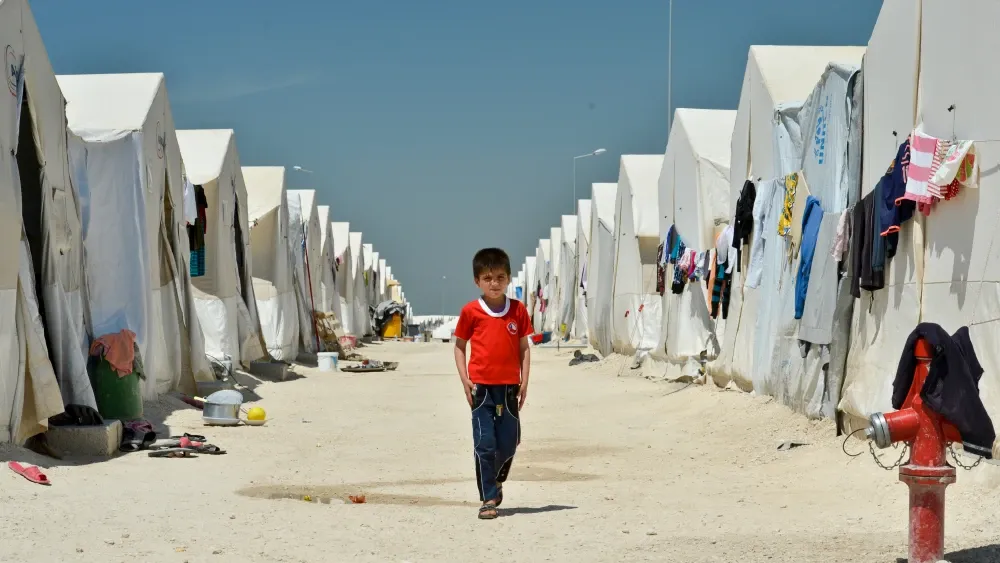 By: Jonathan Spyer Fawzia Amin Sido's harrowing tale of captivity reveals the depths of ISIS's brutality and a remarkable story of survival. Why it matters: The experiences of Yazidi captives like Fawzia highlight the ongoing atrocities committed by ISIS and underscore the need for global awareness and justice. A dark journey: Fawzia was taken captive at age nine by ISIS, enduring a forced march, starvation, and horrific psychological torture. Resilience and rescue: Despite years of suffering, Fawzia's resilience shines through as she shares her story, culminating in her rescue by the IDF and return to Iraq. | | After Sinwar Killing, Netanyahu Sees Vindication in His Rafah Approach 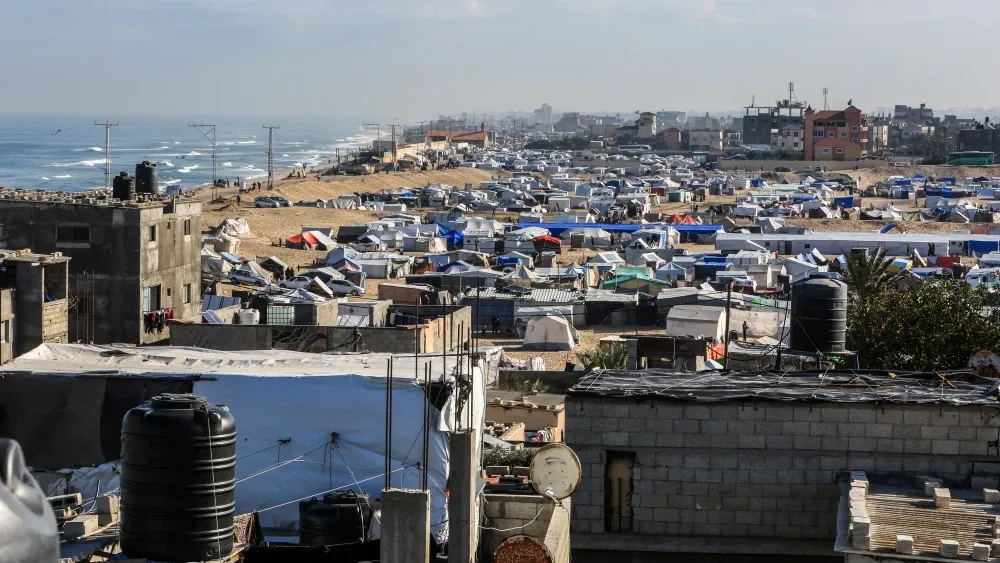 By: Lazar Berman The elimination of Hamas leader Yahya Sinwar in Rafah underscores Netanyahu's strategic approach despite international criticism. Why it matters: Netanyahu's decision to proceed with the Rafah offensive, despite global opposition, highlights a significant military achievement and strategic victory. Strategic resilience: Despite warnings from global leaders, Israel successfully evacuated Rafah and dismantled Hamas's stronghold, proving Netanyahu's strategy effective. Political implications: With Sinwar's elimination, Netanyahu's government gains momentum, strengthening its position against domestic and international critics. | | Errors in America's 'Freedom Agenda' Allow Iran to Weaponize Ideological Proxies 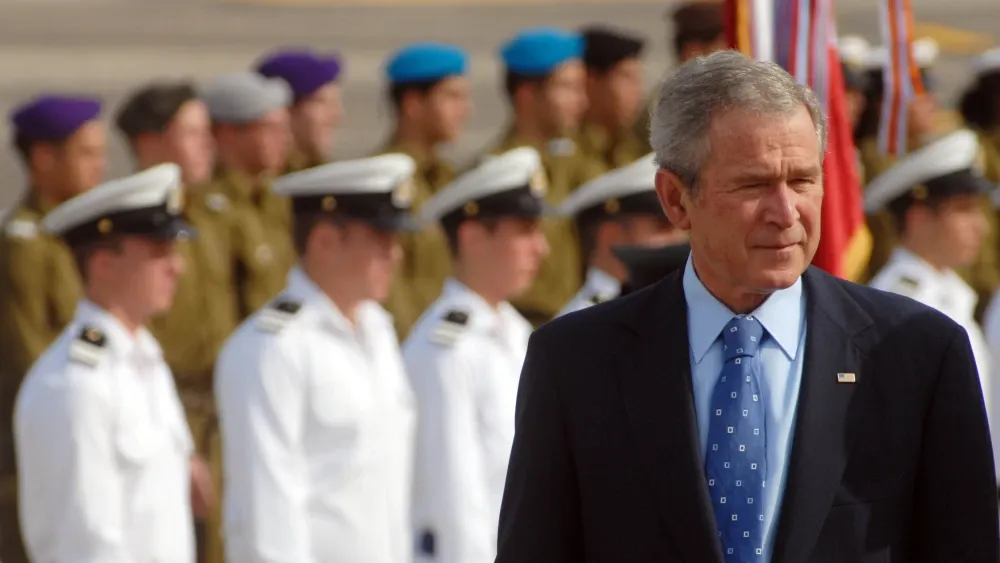 By: Loqman Radpey The U.S. Freedom Agenda, intended to promote democracy, instead instilled lasting instability and empowered Iran's ideological proxies. Why it matters: The Freedom Agenda's failure to consider the complex socio-political landscape of the Middle East has led to unintended consequences, empowering Iran and destabilizing the region. Iran's strategic advantage: Iran has exploited the power vacuums created by the Freedom Agenda, using ideological proxies to expand its influence and challenge Western hegemony. Postmodern challenges: The rise of postmodern relativism has provided fertile ground for Iran to legitimize its actions as resistance to imperialism, further destabilizing the region. | | Erdoğan Co-Opts Turkey's Main Opposition Party 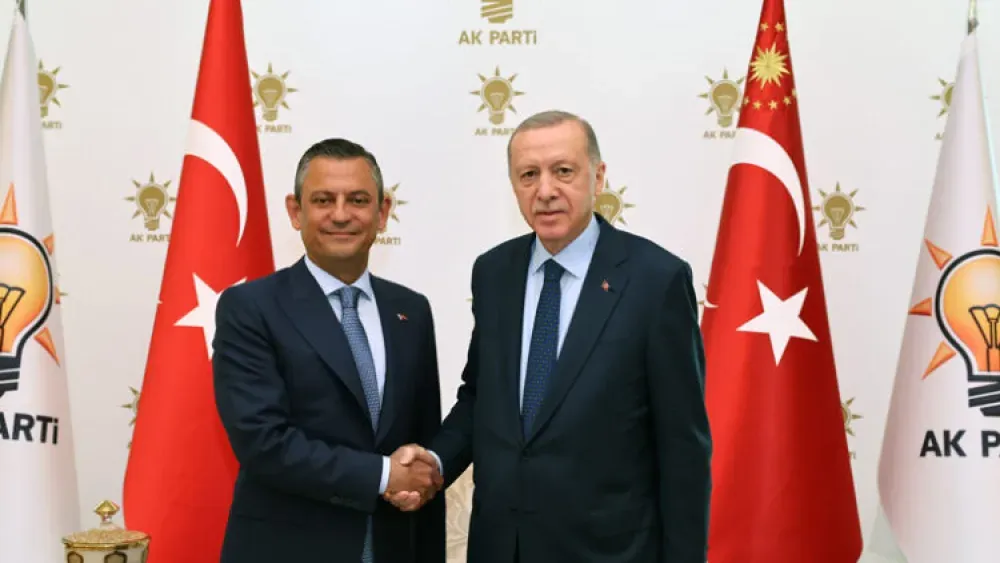 By: Abdullah Bozkurt Turkey's main opposition party, CHP, is increasingly aligned with President Erdoğan, threatening the legitimacy of both the ruling and opposition parties. Why it matters: The co-opting of CHP by Erdoğan's regime undermines genuine political dissent and risks delegitimizing Turkey's political landscape. Political dynamics: CHP's new leader, Özgür Özel, has shifted the party closer to Erdoğan, raising concerns over the erosion of democratic principles. Public disillusionment: As CHP aligns with Erdoğan, Turkish voters may lose faith in the political system's ability to enact meaningful change. | | Swiss Islamist Tariq Ramadan Abandoned by His Friends after Rape Conviction 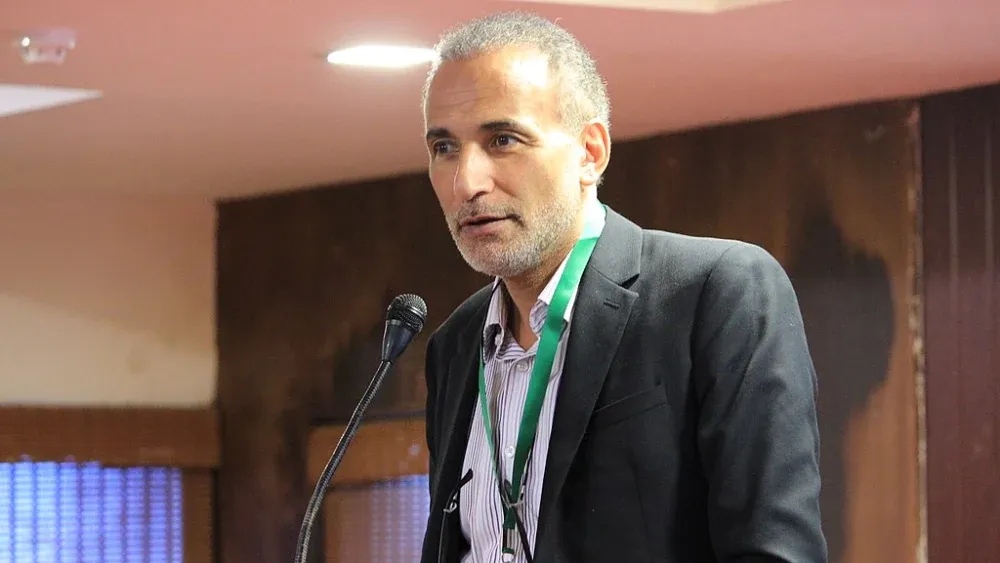 By: John Rossomando Once a prominent figure in European Islamism, Tariq Ramadan faces abandonment following a rape conviction in Switzerland. Why it matters: Ramadan's conviction and subsequent isolation highlight the limits of support for leaders accused of serious crimes, even within ideological circles. Legal and social consequences: Ramadan's conviction overturns a previous acquittal, reinforcing the gravity of the charges and leading to his ostracism by former supporters. Future implications: Facing additional charges in France, Ramadan's legal battles continue to unfold, impacting his legacy and the perception of Islamist leadership. | | Turkey Uses Mosques, State-Employed Imams to Influence Millions Abroad  By: Abdullah Bozkurt Erdogan's regime targets nearly 12 million people abroad, using mosques and state-employed imams to extend its reach across Europe and North America. Why it matters: Turkey's use of religious institutions for political influence raises concerns about foreign interference and the erosion of democratic principles in host countries. Strategic outreach: The Diyanet's plan outlines tactics to increase influence, suggesting collaboration with NGOs and enhanced financial support for overseas operations. International response: Western countries like Germany, France, and Austria are implementing measures to curb Turkish interference, highlighting growing tensions over Erdogan's influence operations. | | | | | As this issue of the Dispatch demonstrates, violence, manipulation, and (sometimes) resilience characterize our recent analyses of the region. From ISIS's unspeakable brutality to Iran's expanding influence through ideological proxies and Erdoğan's ever-growing authoritarianism, the Middle East remains a dangerous and unstable area where, against all odds, resilience and common decency can still triumph. Sincerely,
Ahnaf Kalam
Digital Media Specialist
Middle East Forum | | | | Feedback Please share your thoughts on this edition. Was this edition useful?  

Your responses are anonymous |        MEF, an activist think tank, deals with the Middle East, Islamism, U.S. foreign policy, and related topics, urging bold measures to protect Americans and their allies. Pursuing its goals via intellectual and operational means, the Forum recurrently has policy ideas adopted by the U.S. government.
Copyright © 2024 Middle East Forum, All rights reserved.
Our mailing address is:
Middle East Forum
1650 Market Street, Suite 3600
Philadelphia, PA 19103 | | | | | Powered by 
| | This email was sent by Middle East Forum via Axios HQ | | | |
0 коммент.:
Отправить комментарий